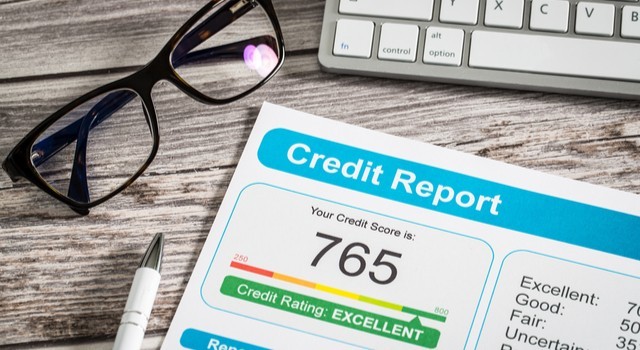Do joint Trust Deeds exist in Scotland?
Scottish Trust Deeds are an effective way to escape debt if repayments become unmanageable. Personal circumstances can change very rapidly and even if you only owe a relatively small amount, unsecured debts can increase significantly due to the high interest rates and charges applied.
If you’re eligible for a Trust Deed, and it’s deemed to be your best option, it will allow you to repay a proportion of your overall debt, usually over four years. What happens if you have joint debt, however, or your partner is also experiencing high levels of unaffordable debt?
Can you take out a joint Trust Deed?
Joint Trust Deeds don’t exist, as these debt mechanisms are designed to be used by individuals. There are ways you can run a Trust Deed that encompasses debts as a couple, however – in other words, two individual Trust Deeds that run side by side.
This enables you to pay off your debts roughly at the same time, but there are some key issues surrounding liability for your partner’s debts that need to be mentioned. Essentially, you’re only liable for another person’s debts if the borrowing was taken out in joint names, or you are a guarantor for their loan.
Joint debts are typically taken out on a ‘joint and several liability’ basis, which means that the lender can pursue both or either of you for repayment of the entire amount. If you want to pursue the possibility of taking out individual Trust Deeds that run alongside each other, you should seek reliable and independent insolvency advice from a professional.





